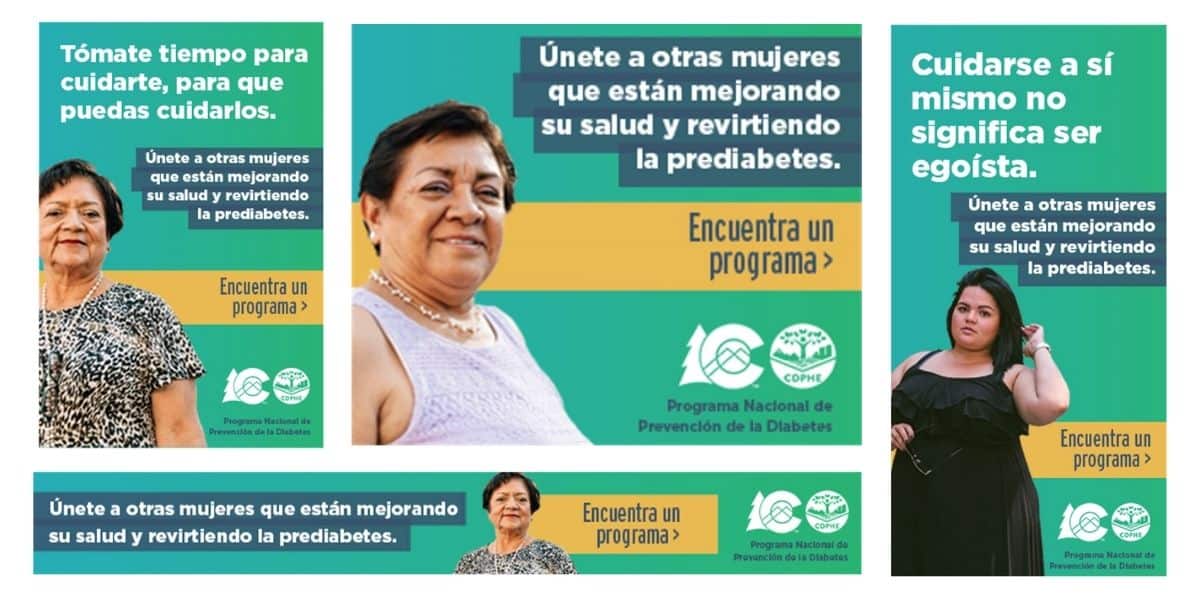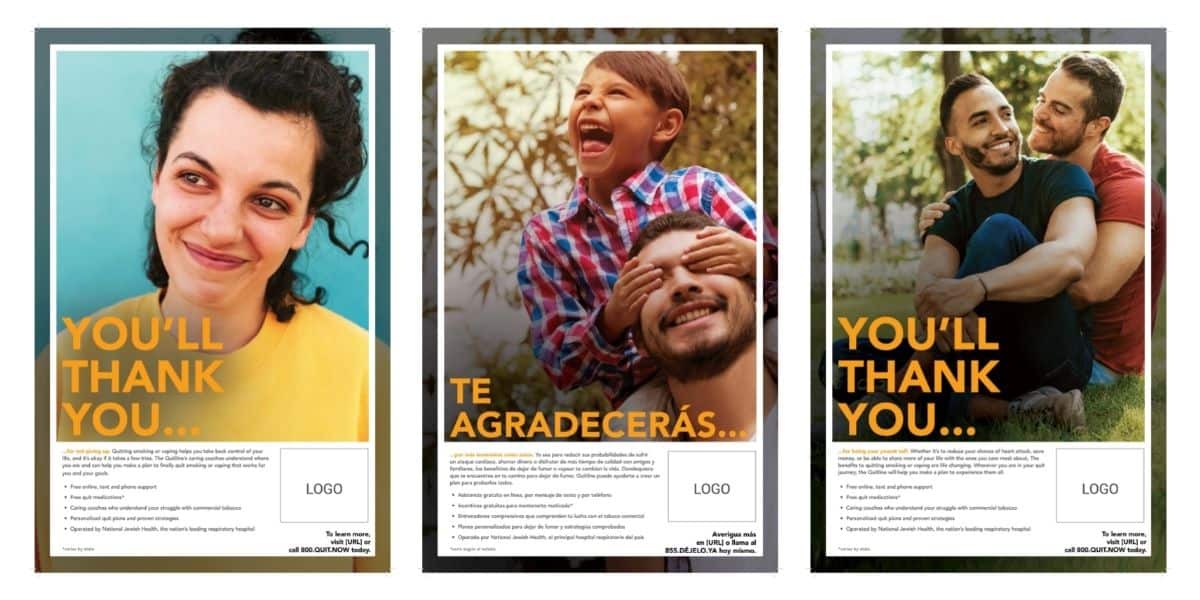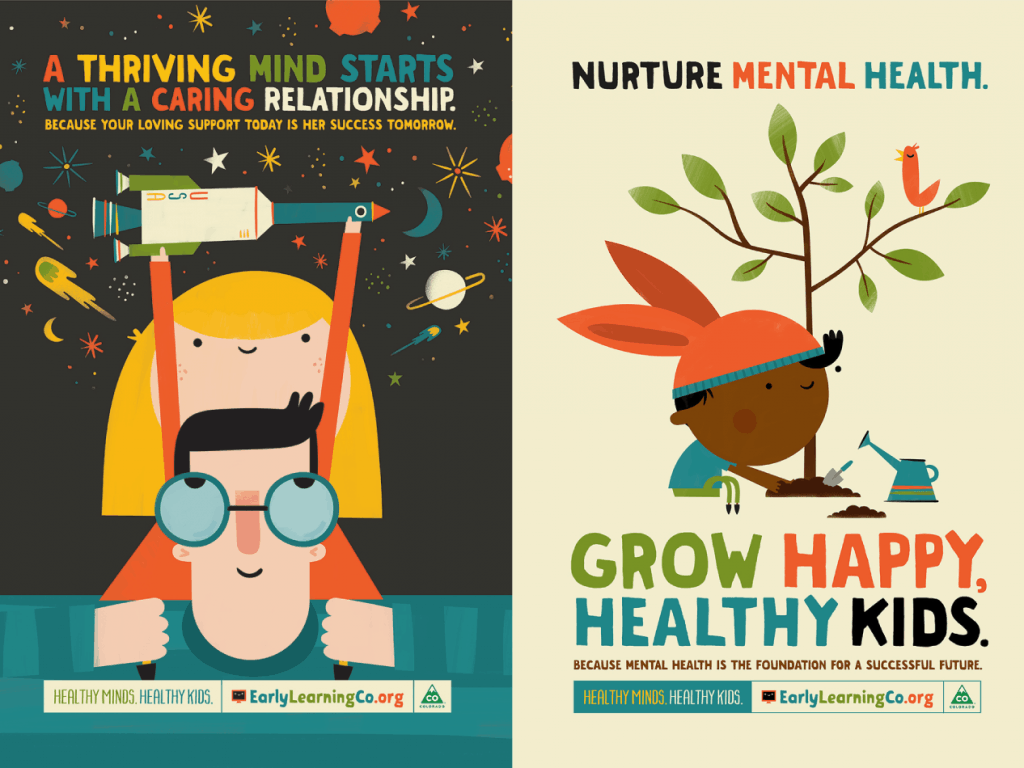
Those of us who work in corporate social responsibility have long trumpeted the benefits of our department.
CSR tells our company story and helps build our political capital. It creates valuable relationships and helps us recruit top talent. CSR directly impacts our reputation — and that impacts sales.
Yet for far too long, CSR remained on the periphery of most business strategies, considered the warm-and-fuzzy side of corporate communications, but not mission-critical.
Today, thanks to fast-growing numbers of young, socially conscious consumers — Millennials to an extent, Gen Z even more so), as well as the rise and continuing relevance of the #MeToo movement, CSR has finally escaped the “nice-but-not-necessary” category.
Not Just Defense
CSR was born from defensive instincts of corporate executives. Whether to maintain compliance, guard against risk or respond to external pressure, CSR initiatives were often conceived of to protect a company’s interests — not drive them forward. This left CSR projects siloed from critical business functions like marketing and communications, government affairs and HR.
CSR’s move from the wings to center stage felt like a slow trudge until younger consumers began to make their preferences — and purchase power – known.
Imbued since an early age with dire climate change warnings and an emphasis on the value of diversity, it’s little wonder that Gen Z in particular is a highly engaged and socially conscious generation. Over 90% of them say that they care about social and environmental issues; nearly 90% worry about the health of our planet; and 94% believe that companies have a role in addressing these urgent social and environmental issues.
This overwhelming consensus among young American consumers goes a long way to broaden the conversation about CSR. After all, by 2020 Gen Z will comprise 40% of all global consumers.
Gen Z consumers in the U.S. already flexes a mighty $44 billion in purchase power, according to the National Retail Federation. And
Gen Z is poised to grow even more influential in the marketplace.
But it took the explosion of the #MeToo movement, as well as a growing recognition of the importance of diversity, equity and inclusion, to make CSR an imperative that touches every aspect of the business, from the supply chain to hiring practices to marketing and sales.
All these factors have contributed significantly to elevating CSR efforts, both to positively manage the company’s reputation and to create a healthy organizational culture that can insulate against claims of misconduct.
An Effective Offense
As the #MeToo movement has brought gender issues in the workplace to the fore, we have seen the power of a scandal to brutalize a company’s reputation and do lasting damage to the bottom line.
A study by the Harvard Business Review (HBR) last year found that a single claim of sexual misconduct has a dramatic negative impact on public perception of the company. The perceptual hit was determined to be even greater than the damage wrought to a company’s reputation by claims of financial fraud.
If a company is seen as having a problem with harassment it will struggle to recruit top talent, hold sales targets, and escape the negative headlines.
An internal memo from Uber summed up the ramifications of the consequences when a company’s culture succumbs to toxic masculinity: “…the cost to the brand and reputation of Uber by a single case can cost the company millions of dollars in lost revenue from riders who hold a lasting impression that we are unsafe and not worthy of their trust.”
Workers, particularly young people in the Millennial and Gen Z cohorts, don’t want to work for a company that is perceived to be unfair or discriminatory. That leaves many companies, according to HBR, “frantically reevaluating their anti-harassment policies and introducing mandatory trainings — in part to prevent sexual harassment and subsequent public backlash, at any cost.”
But CSR is much more than a good defense – it’s an effective offense to attract talent and engender loyalty to the brand.
Take Netflix as an example. According to LinkedIn, Netflix is among the top-ranked companies that people want to work for. The company also happens to have among the best corporate social responsibility reputations in the world.
Netflix decisively and publicly dropped Kevin Spacey from the hit show “House of Cards” following allegations of sexual misconduct. Despite the show’s popularity and the financial hit it took from dropping the headlining star, the move ultimately burnished Netflix’s reputation and propelled it to even higher rankings and popularity.
Reputational Shield
Now that CSR is finally taken its rightful place at the center table where all the core business functions are discussed, it’s time to hold that ground.
CSR is not just an opportunity to tell a company’s story. It’s the opportunity to bring its values to life and deeply engage the consumers and employees it depends on. That makes CSR central to every facet of a business – recruiting and hiring, sales and marketing, and everything in between.
No corporate culture is perfect, and no company is immune to the damage that scandals can reap. But CSR professionals have an opportunity and a responsibility to help foster a corporate culture that encourages acceptance, nurtures well-being, and roots out insidious influences.
Efforts to build and maintain healthy, productive workplaces for all employees are instrumental to helping companies avoid reputational damage in the first place.





